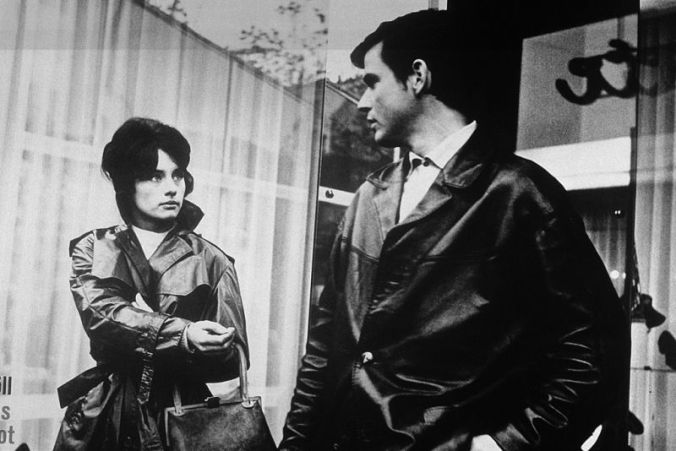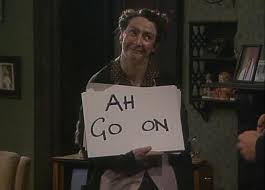One of the hardest things about being a writer (unless you happen to be Stephen King, Jackie Collins, John Grisham etc) is having to spend the lion’s share of your time reading other people’s work.
You have to do this because it’s notoriously difficult to make a living from actually writing. Unlike bank managers, say, who are able to pretty much exclusively manage banks for a living, writers are expected to also have ‘day jobs’. A novel that takes upwards of two years to write (and some take much, much longer) could earn you far less than the minimum wage. A sobering thought, she writes (reaching for the wine glass beside her).
Some of you who read this blog will already know that my ‘day job’ (and, often, my night job too) is Creative Writing Teacher. if you’re interested in seeing the sort of things I teach, I direct you to the Exercises menu up above (i.e. at the top of this screen; it isn’t floating in the sky, I’m afraid. Although I sincerely wish it was). The actual teaching is fine, and often fun, and even though the cows have come home hours ago I’m still talking about writing… which is my silly way of saying I rarely run out of things to say about fiction. I love it. I love helping people get better at writing, and (most of) my students are extraordinarily nice human beings. They send me hampers of Cornish goodies to enjoy whilst watching the tennis and buy me notebooks at art exhibitions and give me ruddy lovely books for Christmas. (Students, you know who you are.) Many of my students have become friends, and that’s A Good Thing.
So I’m not carping. But I spend hours, and hours, and hours reading other people’s work. I spend hours, and hours, and hours writing comments about other people’s work, and then suddenly I turn around and… shit! I was meant to be writing a novel.
Today is one of those days. I literally (I really do mean literally) cannot remember what I’m writing about. Which scene was I on? What’s my novel called? How does one write a sentence that isn’t a response to a sentence already written by a creative writing student? Why does an ice wind blow when I open the Scrivener file with my novel on it? (And while we’re asking questions: is it positive or negative that my dishwasher’s broken? Washing dishes by hand is labour intensive, yes, but Agatha Christie got her best ideas while washing up…)
The weird thing is, I think teaching has made me a better writer. I’m much faster, now, at deciding what I think about a sentence, and landing – with the accuracy of my cats in the vicinity of a spider – on the precise problem that’s causing an ending to fall flat, or the reason a piece feels empty, or the single thing (sometimes the single word) that needs adding to make a thing make sense. I’ve got better and better at structural editing. Words and sentences have always felt either ’round’ or ‘non-round’ to me (round being good…), but now I can feel the roundness or non-roundness of an entire story, or scene, with fairly impressive speed. (Other people’s, I hasten to add. I’m still more tortoise than hare when it comes to my own work.) I’m good at striking out sentences that are nothing but echoes of what’s gone before. If a sentence says nothing new, then you ought to remove it. I’m good on the difference between story and plot, and I ought to have some kind of cape and a tight lycra costume for my superhuman efforts to eliminate the twin beasts of the Info Dump and the Unnecessarily Fancy Speech Tag.
All this makes me better, faster, simpler, more honest. Reading is reading (whether published or not), and writers ought to read. Must read. (I doff my cap here to Andrew Miller who writes, in the Guardian’s masterclass on fiction – ebook available here – that a painter who wishes to paint a tree must do two things: look at trees, and look at pictures of trees. Well said, Sir.) It isn’t the reading, per se, that’s the problem: it’s the mulling, and pondering, and probing, and mulling, and pondering, and commenting, and wondering, and mulling, and pondering, etc that a conscientious teacher does, and does at great length, quite often, while the clock ticks, and the day darkens, and the memory of her own novel creeps quietly into a corner and lightly festoons itself with cobwebs.
Anyway. That said, I must go. I have marking to do. And dishes to wash. And a novel to write. But that’s another story…
































































